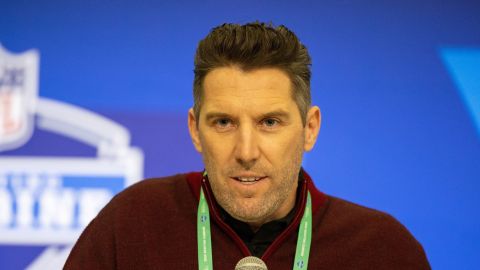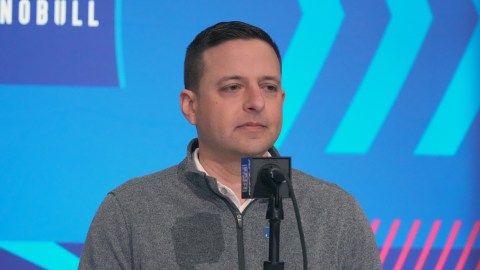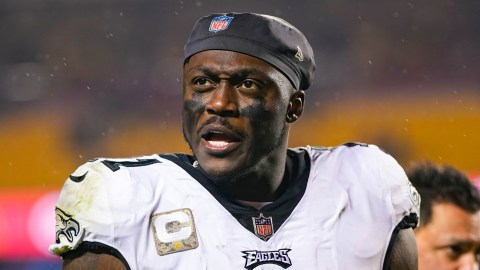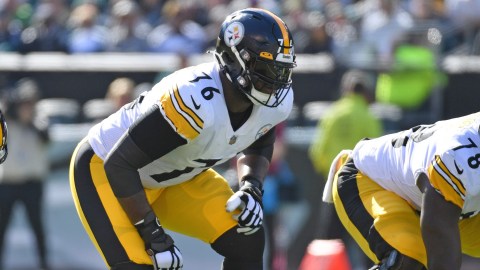After everything running back Kevin Faulk did to get back to the field in 2011, it was tough to see his season — and maybe his career — end the way it did in Super Bowl XLVI.

Of course, Patriots head coach Bill Belichick probably loathed the idea of telling Faulk he'd be inactive against the Giants, as Faulk has long since been one of his all-time favorite players and leaders. Just last offseason, while Faulk was still halfway through his recovery from a torn ACL, Belichick poignantly told Faulk he wanted him on the Patriots for another year, a message that hit home with the legendary running back.
Now, Faulk is back in that uncertain ground, where he must decide if he wants to give it one more run or simply call it a career and start the clock on his enshrinement into the Patriots Hall of Fame.
While Belichick's decision was difficult, it wasn't unprecedented. Wide receiver Troy Brown was inactive in Super Bowl XLII, and defensive lineman Anthony Pleasant, who flew under the radar as one of the franchise's great leaders in the early 2000s, was inactive for Super Bowl XXXVIII. As it turned out, it was the last game of each player's career.
But for this particular game, why was Faulk inactive? It makes the decision more difficult to analyze since his replacement, rookie Stevan Ridley, didn't see the field for a single snap. Neither did cornerback Nate Jones or defensive end Alex Silvestro.
On the surface, didn't Faulk deserve to be in uniform over those other players if they weren't going to play? Sure, but it goes beyond that.
From the standpoint of sentimentality, Faulk deserved to be in uniform as much as anyone on the team. But Belichick had to make the tough choice of weighing potential production, and he chose defensive line depth, an extra defensive back to counter the Giants' dangerous aerial attack and a running back with more explosion who could offer a change of pace if BenJarvus Green-Ellis couldn't get it done.
Faulk debuted against the Steelers in Week 8, and he amassed 17 carries for 57 yards and seven receptions for 34 yards over the course of the season. But he hadn't touched the ball since getting just one carry for one yard in Week 15 against the Broncos.
Ridley, on the other hand, was the Patriots' best running back during the final three games of the regular season before a pair of fumbles earned him a spot on the bench. But still, if Green-Ellis — the steady, reliable back without breakaway speed — couldn't make an impact against the Giants' quick defensive line, it made sense to have a more explosive Ridley waiting to back him up. Yet, Green-Ellis and Danny Woodhead each played well, and there wasn't much of a need to even call on Ridley.
These are the types of challenging choices that head coaches must make on a weekly basis during the season, but they're magnified when they get to such a stage as the Super Bowl. It's the brutal part of the game, and Belichick won't have an easy time looking back at the decision to sit Faulk in the Super Bowl. At least, the logistics of Sunday's decision are navigable, even if it was a gut-wrenching path to take.
Have a question for Jeff Howe? Send it to him via Twitter at @jeffphowe or send it here. He will pick a few questions to answer every week for his mailbag.



